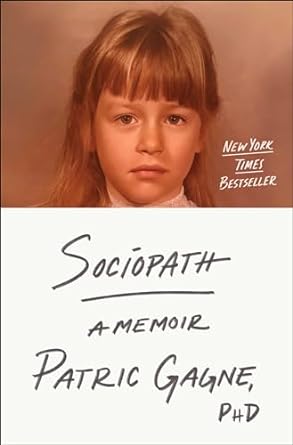Thanks to EDIWTB writer Nancy for sending in a guest review of the book Strange Piece of Paradise by Terri Jentz. Here’s her review (and apologies for the formatting below – I am having trouble cutting and pasting into this program):
I finished Terri Jentz’s unique memoir, Strange Piece of Paradise, several weeks ago, but have been postponing an attempt to write a review of it because I find it such a difficult book to get my arms around conceptually.
In 1977, when Jentz was 20 and a student at Yale, she and a close friend (called Shayna Weiss in the book) spent the summer biking from Oregon to the East Coast. Unfortunately, they never made it farther than a small town near Bend, Oregon, where a man assaulted them in their tent with an axe while they slept, nearly killing both women.
For the next 15 years, as Jentz explains, she looked at this horrific crime as part of her personal history, but ignored the question of who the perpetrator was. She went on to graduate from Yale and eventually became a filmmaker in Los Angeles. Then, in 1992, her mental state compelled her to return to the scene of the crime for further investigation. The rest of this 500+-page book is a journey – physical, mental, intellectual, emotional, geographical – back through the crime, trying to solve the eternally perplexing riddle of who committed it and why.
In chronology that remains somewhat murky, she spends a great deal of the years 1992-1996 interviewing anyone and everyone who might have some knowledge of what happened to her. The scope of her research is somewhat staggering: not only does she talk to obvious players such as the police officers assigned to the case and the woman who, as a teenager on a late-night date, stumbled across Jentz moments after the perpetrator drove off, but she also talks to the ER nurses who cared for her, the ex-wife of the man who emerges as the prime suspect, and even some women who have clear memories of witnessing the suspect abusing his girlfriend the day before the crime took place. At various times during the book, she refers back to the months of her physical recovery, her return to college, and the estrangement from Shayna Weiss (who had amnesia and to this day claims to remember nothing of the attack), but the bulk of this very long book is devoted to conversations with Oregonians as Jentz pursues the suspect and tries to deconstruct the mind of a madman.
It’s a fascinating premise for a memoir, and yet I have to admit (and from reading customer reviews on Amazon.com, I’m relieved to see I’m not the first to say this) it’s an awfully long and detailed story, often arduous to get through. I was reminded of how I felt reading Alice Sebold’s memoir, Lucky – something like saying “This is a horrible thing and I’m so sorry it happened to you, but I’m having trouble staying engaged in every word of its deconstruction.” Moreover, although we learn an astonishing amount about Jentz’s detective work and the specifics of her search, I kept feeling like there was a lot I did not know about the rest of her life – her career, her family situation, etc. We get to know her well enough to believe that she is a tough-as-nails survivor, but I wanted to know more about who she was when she was not interviewing witnesses in Oregon.
For most readers, the end result of getting through this book will surely be overwhelming admiration for Terri Jentz, a woman who triumphed both physically and mentally over a crime of unimaginable horror.
Thanks, Nancy, for the thoughtful review!













About Me
I have been blogging about books here at Everyday I Write the Book since 2006. I love to read, and I love to talk about books and what other people are reading.